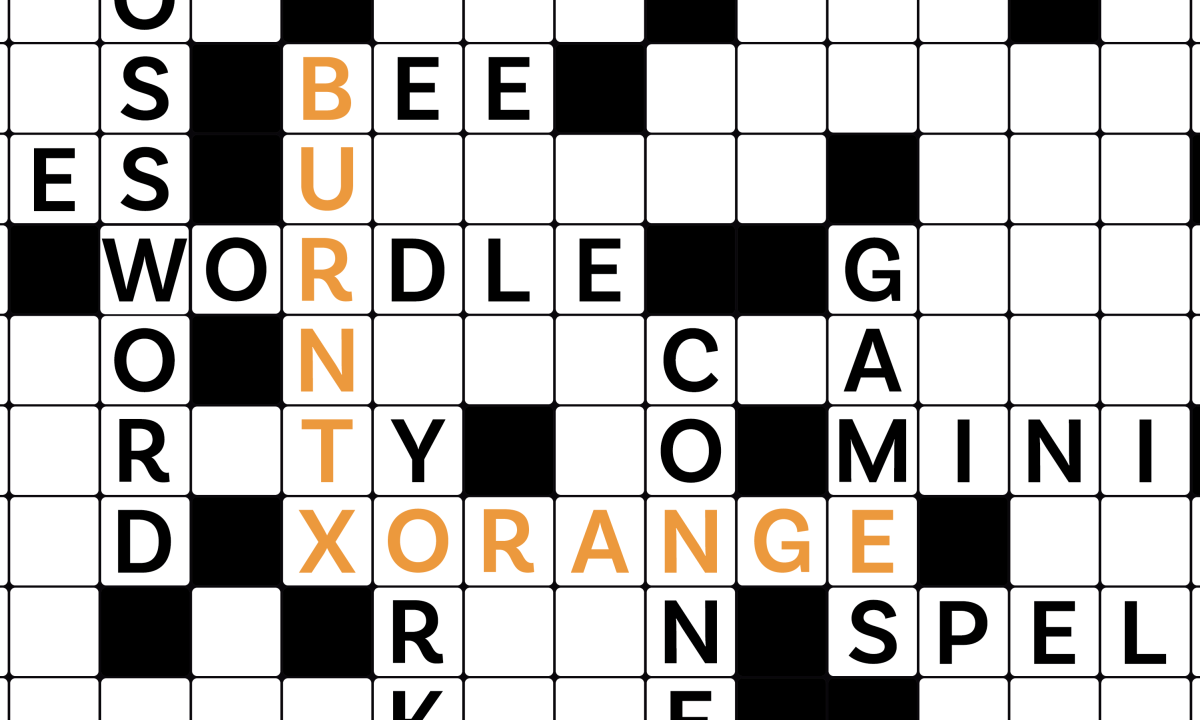In 1851, American journalists Henry Jarvis Raymond and George Jones founded The New York Times. Over time, the publication continued growing and expanding, acquiring new media properties and increasing its scope to cover global news. The New York Times today is one of the most reputable news publications across the globe, with over 10 million subscribers as of November 2023. While their reporting remains at the heart of the company, the games section of their publication continues to bring in millions of fans to the website and app every day.
The very first game The New York Times created was their crossword puzzle which launched in 1942. After years of advertising itself as “strictly a newspaper,” The Times decided to put a crossword puzzle into the Sunday edition after America joined World War II. The Sunday editor at the time, Lester Markel, felt Americans needed something to help relax during wartime. Eventually, the crossword became a daily occurrence in the newspaper and became widely enjoyed, so much so that The Times started selling crossword books for those who wanted to keep playing after completing the daily crossword.
In 2014, The “Mini Crossword” was created. The “Mini” is, you guessed it, a mini crossword puzzle. Users typically complete it in one to two minutes, and it provides an easier, less time-consuming version of a typical crossword. While some users felt it was too easy, and not living up to The New York Times standard of puzzles, many praised The Mini for its quick and simple nature. Today, The Mini is just one of the games contributing to the success of The Times’ gaming section.
A few years later, a new word game arrived on the scene. “Wordle” was created in 2021 by software engineer Josh Wardle, who wanted to build a word game for his partner. After sharing it with his family, he released it to the public in November 2021. By January 2022, the game had over 300,000 plays. Wordle requires players to guess a five-letter word in six attempts. Each attempt uses a color system to indicate how close they are to the right word, or if they have some correct letters. The simple, once-a-day game took the world by storm. All over social media, people shared their scores for the day, and group chats for sharing scores became popular. That same month, The Times bought Wordle from Wardle, and the publication saw tens of millions of new users visit their site. This led to The Times’ “best quarter ever” for net subscriber additions to their Games section.
The newest addition to The Times’ gaming section is “Connections.” In Connections, players select four groups of four words, with each group’s words being related to each other in an unknown way. Players are allowed up to four mistakes before their game is over. The game launched in June 2023, and quickly amassed millions of players. The four categories in Connections get progressively harder to figure out, with many words vaguely related in order to throw players off. Players end the game with satisfaction in knowing they could deduce the proper categories, or with determination to try again the next day to get it right.
These three games, The Mini, Wordle and Connections, have skyrocketed The Times’ success in the word-game world. Fans online discuss their preferred order for completing the three games each day. The trifecta weaved its way into players’ lives, becoming ingrained in the everyday routine of users, so much so that just last year alone The Times’ games were played over 8 billion times.
While the main success of these games can be attributed to their design alone, a huge driving factor in their popularity lies in the fact that they encourage communication. These games, although solo activities, have results and scores that can be shared with other people. For many, they help connect people with others they may not have reached out to otherwise. For Lily Panagos, a first-year finance major at UT, these games help keep her connected to her family in Connecticut.
“(The games) definitely keep me connected to my family,” Panagos said. “I was the last (out of my siblings) to go off to college, so it kept me connected to my parents (by) sending results back and forth. It (gives) us something to talk about every day because there’s always something new.”
Last month, The Times created a new game called “Strands.” The game, which is currently in beta testing, is a modern take on a word search. Players are given a word search with no word bank and have to use the theme name provided to find words relevant to that category. While it’s unknown if this game will find a permanent spot in The Times’ gaming section, a quick look at social media shows people generally enjoy the game, as it’s less intense than Connections, but still more than a typical word search. Regardless, these new games are helping The New York Times expand past just news to provide a fun and profitable option for people interested in a daily challenge.
































